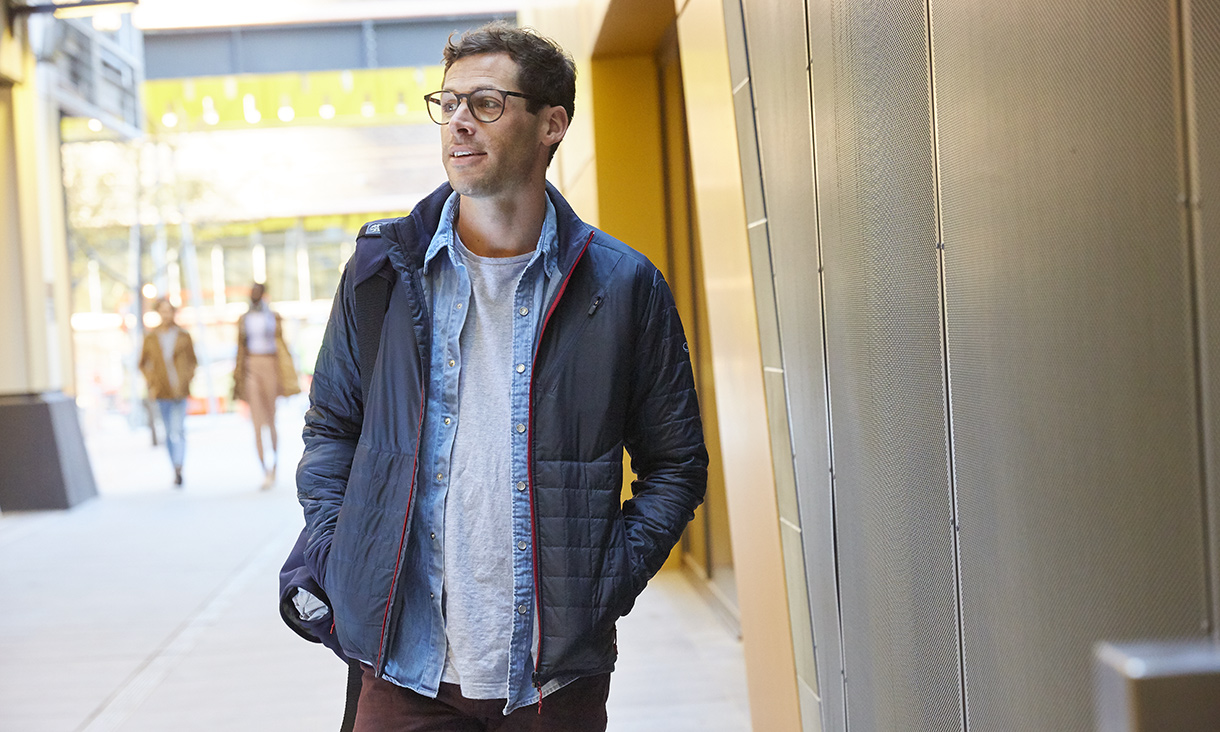Meet Sylvia Urban: expert in natural products chemistry
A childhood fascination with the natural world led Associate Professor Sylvia Urban on a journey to discover how the chemistry of life can benefit humanity.
World’s first research centre on social science of blockchain
RMIT has established the RMIT Blockchain Innovation Hub to take advantage of the global blockchain revolution.
Studying cyber security is a safe bet for career progression
Choosing to change career wasn’t a risky decision for Hema Zmirak, as she knew that moving into cyber security is about as safe a bet as the name suggests.
Top six tips for communicators to cut through the digital noise
In an age of filter bubbles, style influencers and fake politicians, how can professionals use digital media to connect with their communities and have meaningful conversations?





